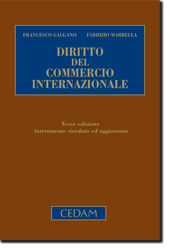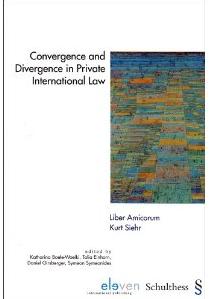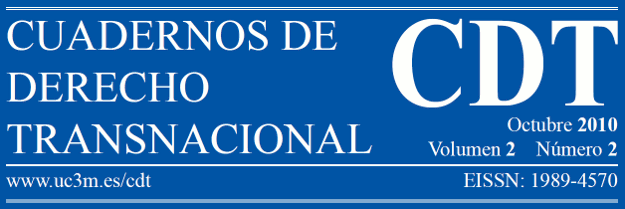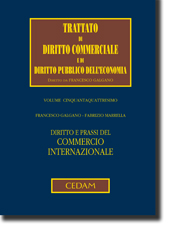In Yugraneft Corp. v. Rexx Management Corp., 2010 SCC 19 (available here) the Supreme Court of Canada has upheld the decision of two lower courts that the plaintiff’s claim to enforce a Russian arbitration award was brought after the expiry of the applicable provincial limitation period.
Following a contractual dispute, Yugraneft commenced arbitration proceedings before the International Commercial Arbitration Court at the Chamber of Commerce and Industry of the Russian Federation. The arbitral tribunal issued its final award on September 6, 2002, ordering Rexx to pay US$952,614.43 in damages to Yugraneft. Yugraneft applied to the Alberta Court of Queen’s Bench for recognition and enforcement of the award on January 27, 2006, more than three years after the award was rendered.
The court was required to interpret article 3 of the New York Convention, which provides that recognition and enforcement shall be “in accordance with the rules of procedure of the territory where the award is relied upon”. This raised an issue in Canadian litigation since the Supreme Court of Canada has held (in Tolofson v. Jensen, [1994] 3 S.C.R. 1022) that limitation periods are substantive and not procedural. The court rightly concludes that this does not mean that the forum’s limitation period cannot be applied to the enforcement action (paras. 18-29).
The remainder of the decision deals with what the limitation period is under Alberta law. The plaintiff attempted to convince the court to apply a ten-year period, applicable to a “claim based on a judgment or order for the payment of money” (para. 43). The court, based on the clear wording of the statute, had to conclude that an arbitration award did not fall within this language (para. 44). As a result, the claim was governed by the general two-year period and so was, on the facts, time barred (para. 63).
The court does suggest that the two-year time period will not start to run until the plaintiff discovers, or should have discovered, that the defendant has assets in the place where enforcement is sought (para. 49). This fact is not strictly part of the cause of action. Still, this statement, if accepted as correct, should provide some comfort in the face of the relatively short two-year period. However, this statement draws in part on the specific language of s. 3(1)(a)(iii) of the Alberta limitation statute, which deals with knowing whether a proceeding is “warranted” (see para. 61). If so, the analysis could be different under a statute that did not have this specific language as part of the test of discoverability (see for example the language in s. 5(1)(a)(iv) of the Ontario limitation statute).
This area would benefit from a clear legislative solution, namely a provision containing an express limitation period for claims on foreign arbitration awards. Such a period should, in recognition of the issues involved, be longer than the province’s general limitation period.




